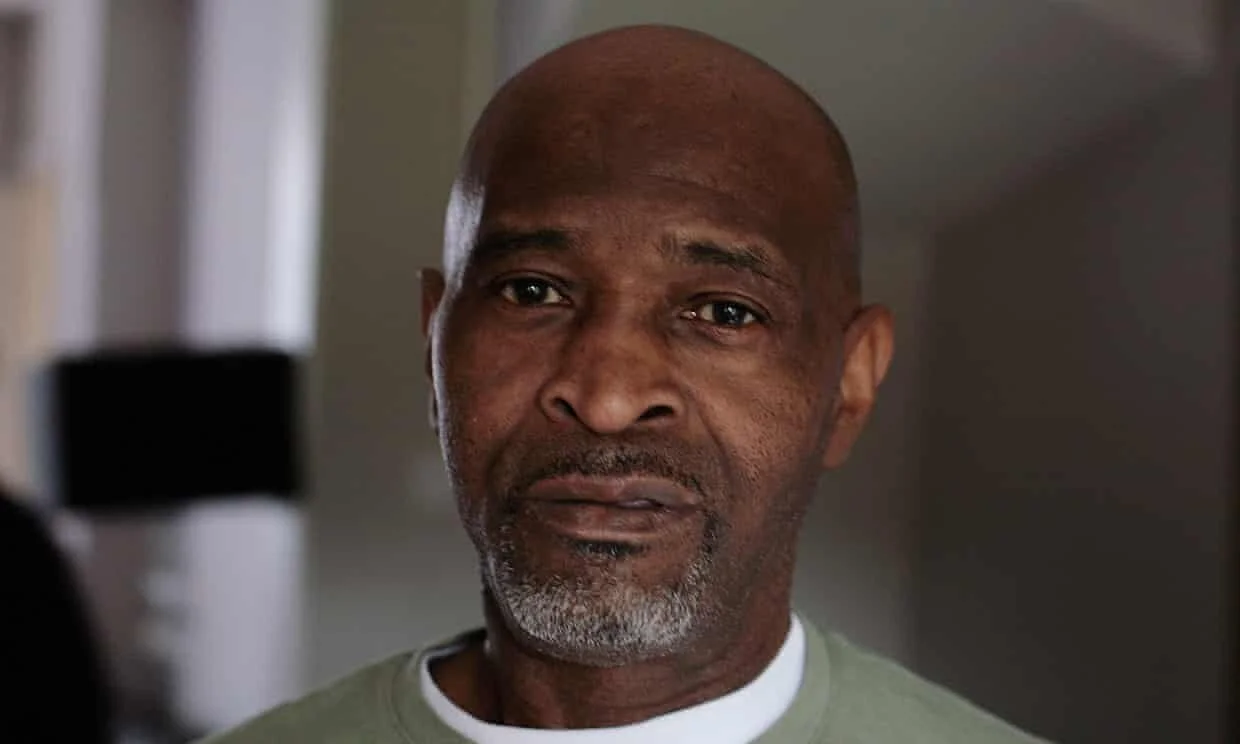Windrush Testimonies
These people have felt forgotten about and are at risk of deportation. They feel that they been served an injustice by the very country whom they have served through contributing years of taxes, employment and simply where they have made a home and raised their families. Some people have directly addressed their MPs yet still, a considerable amount of these individuals (some who have been in the country since the 50s) are being told that their citizenship status is still questionable.
Paulette Wilson
The 61-year-old moved to the UK in 1968 when she was 10 and has never left because she had never applied for a British passport and had no papers proving she had a right to be in the UK. She was classified as an illegal immigrant.
Last October, she was sent to the immigration removal centre at Yarl’s Wood in Bedford for a week, and then taken to Heathrow before deportation to Jamaica, a country she had not visited for 50 years and where she has no surviving relatives.
The former cook, who used to serve food to MPs in the House of Commons and has 34 years of national insurance contributions, was horrified at the prospect of being separated from her daughter and granddaughter. A last-minute intervention from her MP and a local charity prevented her removal. Since The Guardian’s publicity she has since been given a biometric card, proving she is in the UK legally but she will have to reapply in 2024 and is already worried about the process. She has had no apology from the Home Office. (The Guardian, April 2018)
Paulette Wilson
Mr Morris
A victim of the Windrush scandal who came from Jamaica as a young boy has talked of the ‘heartache’ he felt at missing his own brother’s funeral because he was refused a passport.
The man who we will call “Mr Morris”, as he asked not to be named for fear of discrimination, has lived in The Meadows area of Nottingham since he was eight years old, and now has eight grand-children who all live around Nottingham.
He says he had to fight the British authorities for 20 years before he was finally given a passport, despite coming to Britain legally.
When he applied for a passport to travel back to Jamaica for his brother’s funeral, he was only offered a one-way passport. His other brother, who came with him from Jamaica at the same time, has still not been able to get his British passport, despite living and working in Britain for almost 60 years.
Mr Morris said he still feels the heartbreak from missing the funeral, and seeing the anguish that the situation caused to his family.
He said: “At the time I actually wept. We had to stay in London with some friends, because we were being told to go to and from the Jamaican and the British embassies all the time.”
After being denied twice, it was only with a supporting letter from his employer citing the mental distress the situation was causing, that he was finally given a passport 20 years after he first applied.
“When we came here, they said if you are here for more than two years then you would automatically become a citizen and get a passport. When I had applied, they said I was an alien and that I had no right to be here. It was heartbreaking, the lack of understanding.”
“But I didn’t realise how many people this was affecting, I thought it was only me they were discriminating against.”
Anthony Bryan (The Guardian, Apr 2018)
He travelled to the UK on his older brother’s passport in 1965, and had no documents of his own to prove status, so struggled to convince officials he was here legally. After coverage of his plight in the Guardian, officials have acknowledged he is here legally but he is still waiting to be issued with a biometric card. He has spent more than £3,000 on legal bills and application fees. He has had no apology from the Home Office. (reported in The Guardian)
Anthony Bryan
The 60-year-old has spent a total of three weeks in immigration removal centres over the past two years, despite having lived in the UK for more than half a century. He worked as a painter and decorator and paid taxes for more than 40 years, and helped to bring up his children and grandchildren in London.
He lost his job when Capita had wrote to him that he had no right to be in the UK, adding that his employer could face a £10,000 fine if it continued to employ him as an “illegal worker”.
One Sunday morning, police and immigration officials arrived at his home with a battering ram; a plane ticket was booked to take him to Jamaica, the country he left when he was eight and to which he has not returned in the past 52 years.
Anthony Bryan (The Guardian, Apr 2018)




